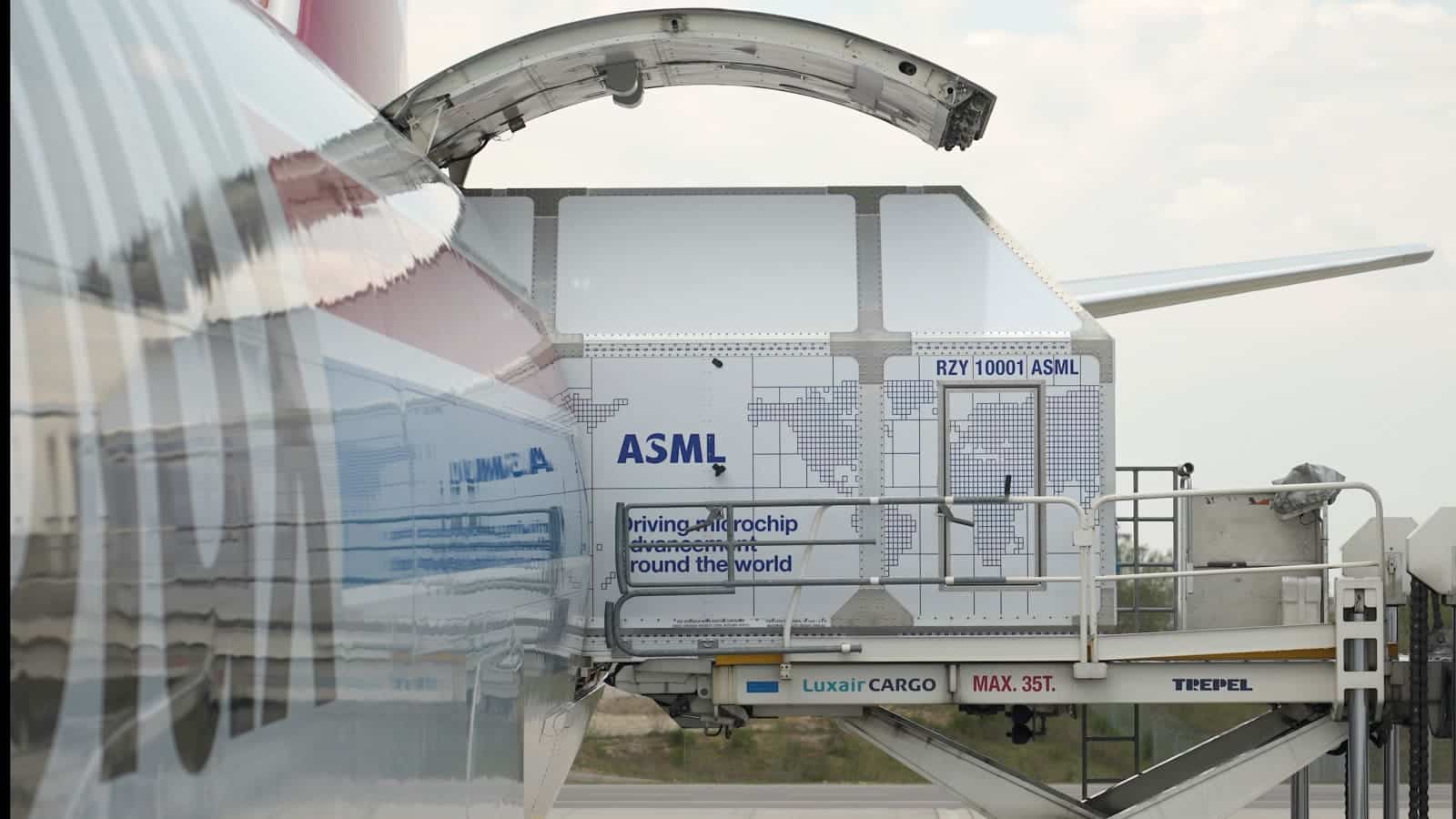The Dutch company ASML, the global leader in chip manufacturing equipment, projects that the global semiconductor market will reach a valuation of $1 trillion by 2030, driven by the rise of artificial intelligence (AI). According to the company, the increasing demand for specialized AI hardware is transforming the landscape of the sector and opening up new growth opportunities.
AI: An Unprecedented Growth Engine
The development of AI accelerators and modern servers has placed semiconductors at the center of the technological revolution. Companies like NVIDIA, AMD, and TSMC are leading this market with massive orders for advanced chips that are integrated into AI systems. ASML, a key supplier to these companies, asserts that it is well-positioned to benefit from this trend, thanks to its extreme ultraviolet (EUV) lithography technology.
Christophe Fouquet, President and CEO of ASML, highlighted:
“We expect our ability to scale EUV technology in the next decade and broaden our versatile holistic lithography portfolio to enable us to seize the opportunity presented by artificial intelligence, contributing to significant revenue and profitability growth.”
High-NA EUV: ASML’s “Crown Jewel”
ASML’s High Numerical Aperture (High-NA) EUV equipment, considered the “holy grail” of the chip market, is one of the most advanced technologies available. Each unit, costing up to $350 million, is only accessible to leading foundries like TSMC, Samsung, and Intel. This system enables the production of high-density and high-performance semiconductors, essential for meeting the growing demands of AI algorithms.
Furthermore, ASML anticipates that its sales of specialized equipment could reach $46 billion by 2030, solidifying its position as a pillar of the global chip industry.
Geopolitical Challenges and Renewed Optimism
Despite its optimism, ASML faces significant challenges due to the trade restrictions imposed by the United States on China. These sanctions have limited the company’s operations in the Chinese market, one of the largest in the world, and have impacted its recent results. Nevertheless, ASML expects to overcome these difficulties and achieve gross margins of between 56% and 60% by the end of the decade.
Market Growth Projections
The company estimates that global semiconductor sales could exceed $1 trillion by 2030, with a compound annual growth rate (CAGR) of 9% between 2025 and 2030. This growth will be driven by the explosion in demand for chips for AI applications, which continue to gain traction in sectors such as healthcare, automotive, and industrial automation.
ASML’s Role in Technological Transformation
As a key supplier for chip manufacturers like TSMC and Samsung, ASML is a fundamental player in the global semiconductor supply chain. Its technological innovations, combined with its ability to adapt to market challenges, reinforce its position as a sector leader.
The future of semiconductors appears to be marked by the growing adoption of artificial intelligence and the innovations from companies like ASML. This landscape not only heralds significant growth but also underscores the strategic importance of this industry in the global economy.
Source: WccfTech

